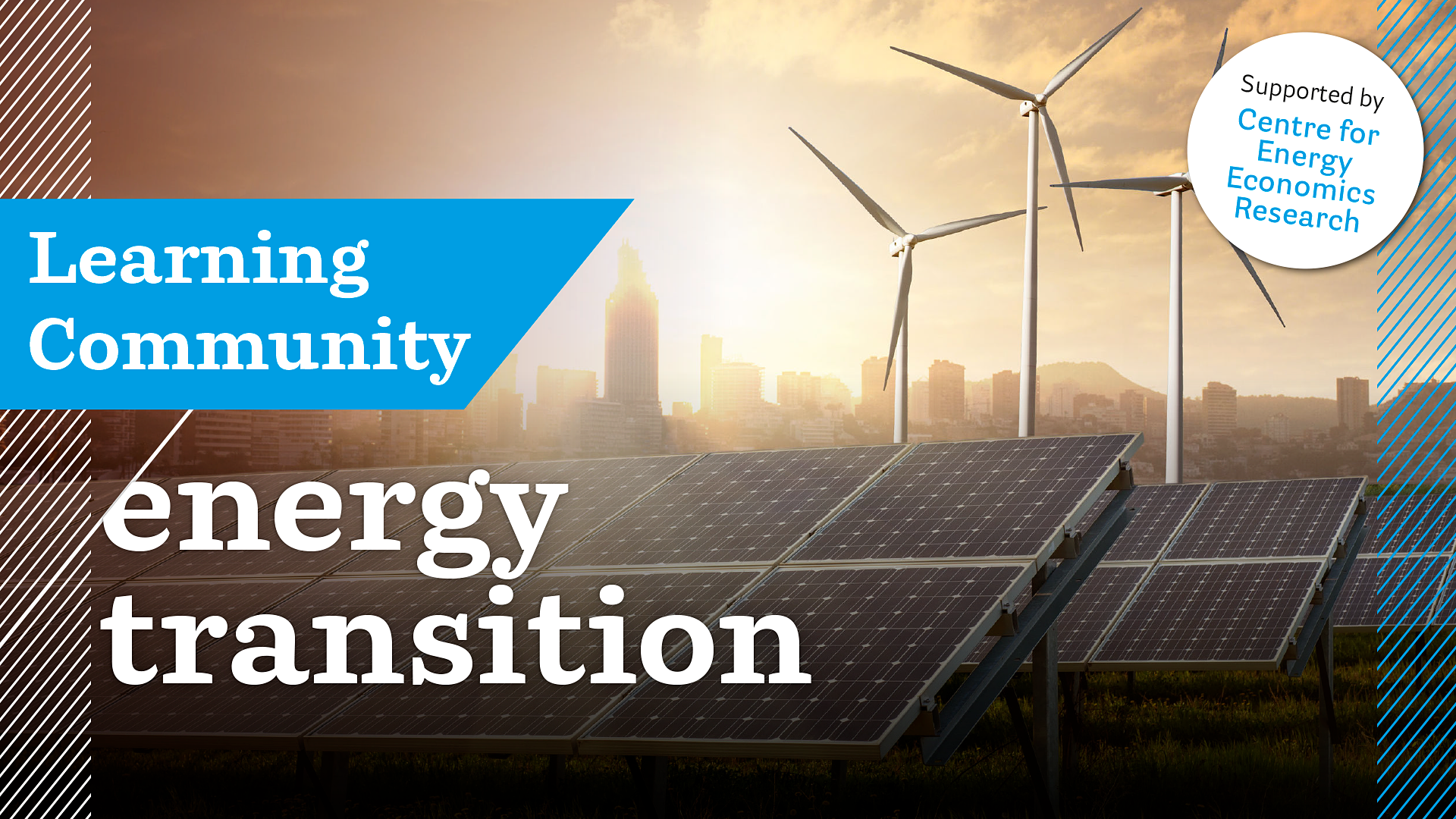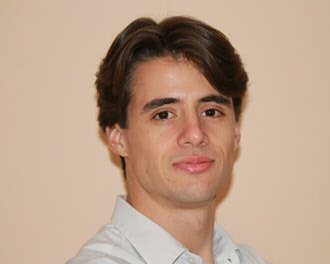Learning community: Energy Transition

Learning Communities
Learning Communities are innovative education methods within the FEB, and the RUG. An interdisciplinary approach to explore new ideas developed through research, discussed in networks, thought of by students or personal engagement. It creates a possibility for academic staff, students, businesses, alumni and other experts to work together in an unstructured environment. The focus is on experimenting, exploring, develop knowledge and skills, and engaging with society. Learning Communities (LC) usually last one semester. For more information on learning communities and applications see below:
Current Learning Community 'Energy Transition'
In this learning community we focus on several aspects within the energy transition of North-west Europe. Students state their preferred research topics, after which the community will further explore these topics. The semester exists of regular meetings with peer-students and lecturers, as well as several inspiring guest lectures on Energy Economics.
Depending on the chosen research question(s), several energy (-related) companies and organizations will be involved in the learning community.
Past Learning Communities
Hydrogen fuelling the Energy Transition
In this learning community we focus on the potential supply routes of renewable hydrogen to fuel the energy transition of North-west Europe. Hydrogen is increasingly seen as an important energy carrier for the energy transition in Europe. For renewable hydrogen to be a feasible alternative for fossil fuels, the best supply route has to be chosen. This semester, the students will explore the different options and search for the optimal hydrogen supply routes. After an introductory meeting, the participating students and supervisors will discuss the research options and work on a joint report. Then, the different options will be compared and a policy advice will be given by the report. The learning community includes interactive lectures and joint groupwork on one of the most prominent questions in energy economics. This research project is a part of the hydrogen-research programme of CEnBER. The results of this research will therefore be used for further research within CEnBER.
Energy transition
In the third learning community, which was held in the first semester of academic year 2020-2021, three research groups explored different aspects of the global energy transition. The first research group analysed different national and European climate policies and estimated their effect on carbon emissions and renewable electricity supply. The second research group investigated the National Hydrogen Strategy of Australia and identified it’s opportunities and threats. The third research group have researched the potential use of hydrogen in the transportation sector, with attention to the supply of hydrogen and renewable alternatives per sector.
See the reports below:

Marvin Dan Kornhaas, alumnus Learning Community 'Energy Transition'
"The Energy transition is a big and fascinating topic. Gaining deeper insights showed me the opportunities but also the challenges to achieve low emission levels. Beside gaining knowledge, you learn to think critically and boost your teamwork skills. This Learning Community was for sure a good choice on an academical and personal level."

Francesco Poletto Cortese, alumnus Learning Community 'Energy Transition'
"This Learning Community is very inspiring. It triggers a big sense of awareness on a fundamental issue of the modern world and provides the bases to face it in a more active way. In addition, the possibility of choosing a topic of interest, the interaction with fellow students and the continuous exchange of ideas make it all even more dynamic and stimulating. An extremely valuable extension to my path of studies!"
Assessment of carbon-free electricity supply
In the second semester of the academic year 2019-2020, the focus of the learning community was on different options for carbon-free electricity production. The students assessed the potentials and caveats of different options for carbon-free electricity production and storage. Then, the different options were compared and a policy advice was given in the report. The learning community included interactive lectures and the work on a joint report.
Groningen energy neutral
This learning community was offered in semester 1 of the academic year 2019-2020. The focus in this learning community was on the options for energy neutral solutions for the city of Groningen and the best method for each neighborhood. The research team carried out a case study for the neighbourhood of Oosterpoort and presented their findings in a report and presentation to several respresentatives of the University, the municipality and the neighbourhood. The report is now used as a starting point for further research in making the municipality of Groningen energy neutral.
Vivian Veelenturf, alumnus Learning Community 'Groningen energy neutral'
"The Learning Community was the perfect addition to my study program. It gave me the opportunity to broaden my knowledge on a subject of my interest (outside my own curriculum), to gain valuable practical experience and to contribute to a real life problem / case. A challenging project where my knowledge, contribution and efforts really mattered!"
In case you have any suggestions for new LC on energy related subjects, please send an email to Marjan van Ittersum (Project leader Learning Communities): a.g.t.van.ittersum-leegte rug.nl.
| Last modified: | 02 June 2023 2.09 p.m. |

